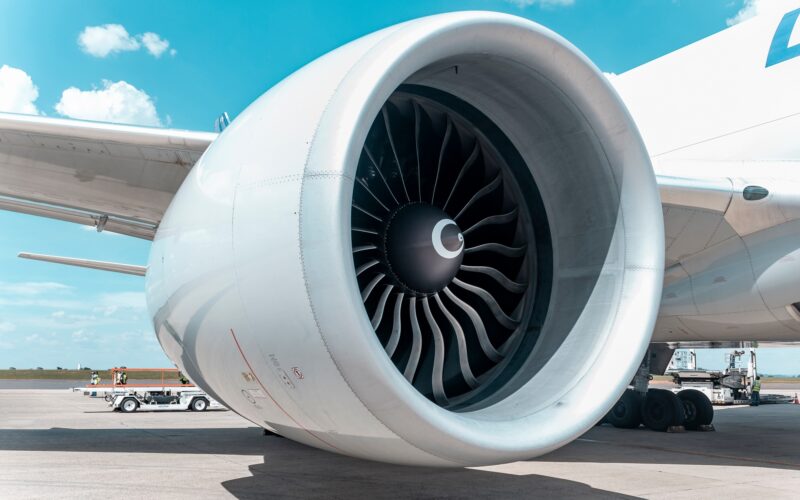The Federal Aviation Administration (FAA) has issued a provisional airworthiness directive after General Electric (GE) discovered iron inclusion on the GE90 engine, which is used to power Boeing 777 aircraft.
According to the FAA, GE notified the regulator of the “detection of iron inclusion in a turbine disk manufactured from the same powder metal material used to manufacture certain” high-pressure turbine (HPT) parts. Those include the HPT stage 1 disks, HPT stage 2 disks, forward HPT rotor seals, interstage HPT seals, and stages 7–9 compressor rotor spools for the GE90 engines.
Upon further investigation, the Original Equipment Manufacturer (OEM) determined that the iron inclusion resulted from “deficiencies in the manufacturing process and may cause reduced material properties and a lower fatigue life capability, which may result in premature fracture and subsequent uncontained failure”.
While the FAA issued a notice of proposed rulemaking (NPRM) to address the issue, with stakeholders being invited to comment on the change until October 20, 2023, GE has already been in contact with operators of the GE90 engines.
“As a result, affected operators are already aware of the proposed corrective action and have already performed the actions proposed in this AD,” the FAA said, adding that it has determined that compliance time before further flight would be appropriate.
Still, the FAA warned that, if not addressed, the condition could lead to an “uncontained debris release, damage to the engine, and damage to the airplane”.
Replacing GE90 HPT parts
To comply with the directive, airlines will have to replace certain HPT stage 1 disks, HPT stage 2 disks, forward HPT rotor seals, interstage HPT seals, and stages 7–9 compressor rotor spools that are airworthy.
However, the FAA said that the proposed AD would be “interim”, with further action to follow once GE completes its investigation into the matter. The conclusions from the investigation could result in the FAA issuing another directive.
Overall, the regulator determined that nine engines in the United States (US) have been affected by the NPRM. The FAA also estimated that replacing all of the HPT parts, including the stages 7-9 compressor rotor spools, would cost a total of $2.2 million.
But while the AD requires the replacement of the interstage HPT seal, no GE90 engines installed on US-registered aircraft have any affected seals, which reduces the total cost of compliance for airlines based in the country by $108,936.
The GE90 engines are one of three power plan options for the Boeing 777 aircraft family. Other engines include the Pratt & Whitney PW4000 and Rolls-Royce Trent 800.
According to ch-aviation.com data, out of all the currently active 1,270 Boeing 777s (excluding stored and/or in-maintenance aircraft), 1,084 are powered by the GE90 engines. Meanwhile, the Rolls-Royce Trent 800 powers a total of 101 active Triple Sevens, while the PW4000 is only used on 85 aircraft. United Airlines is the only airline in the US to power its 51 active Boeing 777s with the Pratt & Whitney engine.

